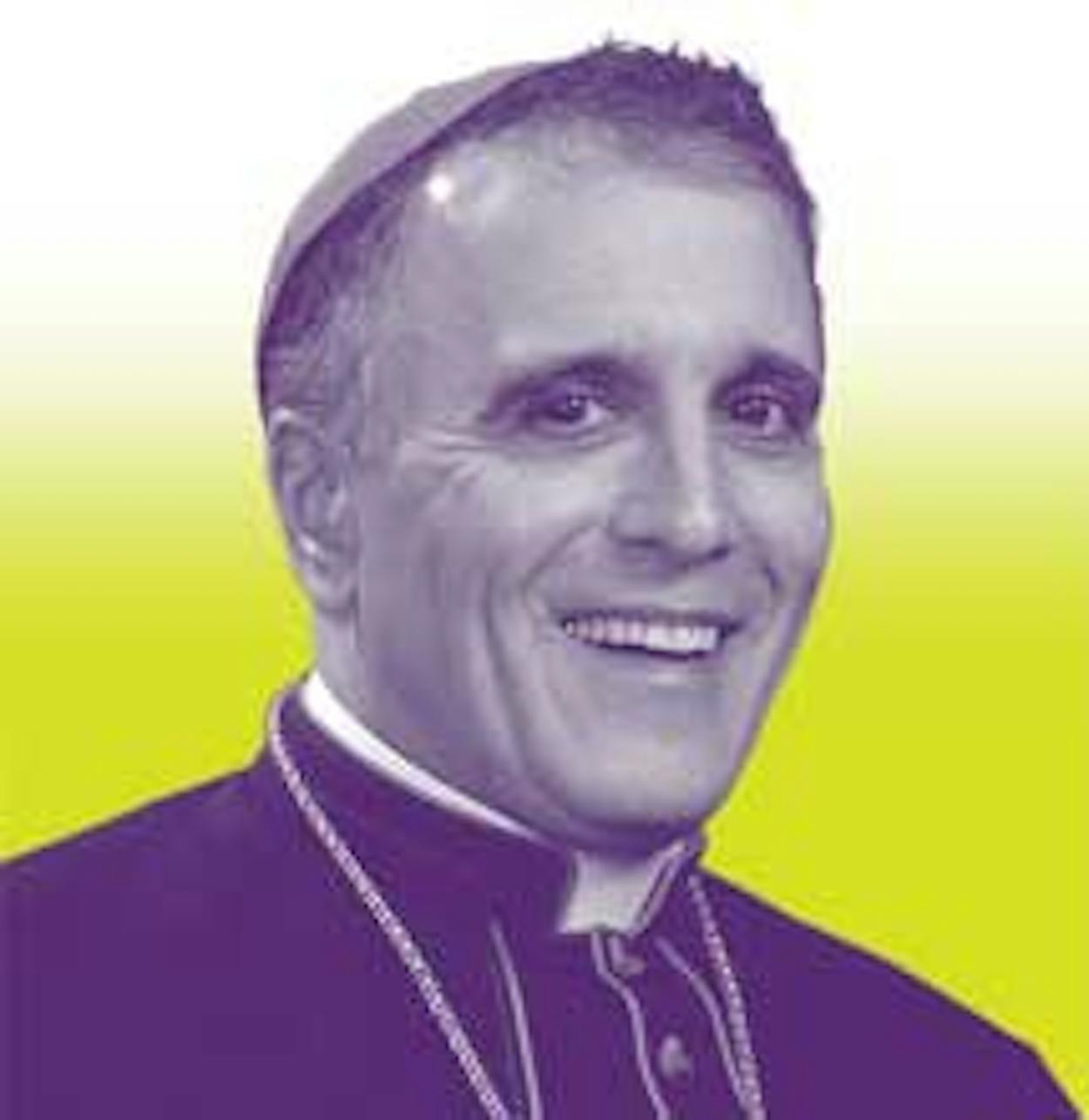On November 24, 2007, the archbishop of Galveston- Houston knelt before Pope Benedict XVI at St. Peter’s Basilica, in Vatican City, received his red hat, and ascended to the top ranks of the Catholic clergy as the first-ever cardinal from Texas, as well as the first-ever from the southern United States. The Steubenville, Ohio, native now serves as one of 201 advisers to the Holy Father (those under the age of eighty will, when the time comes, participate in the selection of a new pope). DiNardo, who earned bachelor’s and master’s degrees in philosophy from the Catholic University of America, in Washington, D.C., and theological degrees from the Pontifical North American College, in Rome, had been the bishop of the diocese of Sioux City, Iowa, before taking over as coadjutor bishop of the Galveston-Houston archdiocese in March 2004; a little less than two years later he was promoted to archbishop. In addition to his new responsibilities (he is, for instance, the titular head of the Church of St. Eusebius, in Rome), His Eminence will continue to tend to the needs of the 1.3 million Roman Catholics in his flock back home. As that number increases—thanks to the fast-growing, largely Catholic Hispanic population of Texas—so will his influence.
A Web Exclusive Interview
How big of an honor is it to be the first Cardinal from the southern United States?
I think it’s a very great honor. When you’re named a Cardinal, you’re an official consultant to the Holy Father. What’s happening is a great growth in the Catholic population in the southwest—Texas, New Mexico, etc. It’s nearly twice the size of what it was twenty years ago. To have someone named to this part of the country is a distinctive honor. I was pretty surprised by it. I never saw it coming.
Do you feel an added sense of responsibility?
There’s responsibility in so far as you’re a Cardinal, and you’re going to be advising the Holy Father. My major role is still to be the archbishop of the Archdiocese of Galveston-Houston, which is sufficient in and of itself. I want to be of use to the church and be a good representative of the church. At the same time, I want to be a good shepherd here, which is the main responsibility.
Though you consider yourself a doctrinal “traditionalist,” you have spoken out in favor of immigration reform. What kinds of things would you like to see done?
The bishops of Texas have been talking about immigration reform for twenty-five years. This is nothing new for us. The care and concern for the security of our borders is an important one. At the same time, some of the measures that have been adopted or asked for have seemed highly punitive. On all sides, people say the system is broken. I don’t think we’re going to fix it by saying, “Well, everybody go home.” We want to see reform that allows families to stay together.
What kind of role do you hope to play in the public immigration debate?
I’m not trying to become a politician, but I think we can call attention to these issues that involve the human person and human rights. I think the religious community in general thinks the system is broken. I don’t think we’re alone as the Catholic community. I’m certainly not here to grandstand.







